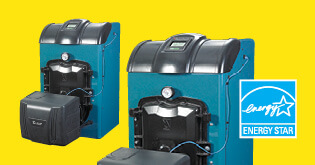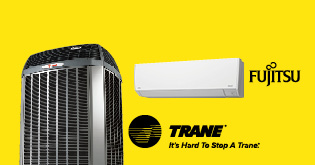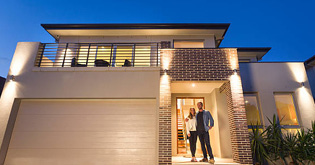- My Account:
- Sign In
- Register
- Make Payment
Articles.
Below are the categories for any articles that are published on our website. You can find articles on topics ranging from heating oil, propane, heating equipment, cooling, and much, much more. Our Home section also contains important tips, insightful facts and helpful how-to guides on lots of topics about everything from energy efficiency to important safety tips for taking care of your home and family. We also update our Featured Articles section with our newest and most relevant seasonal content to help you with your home services throughout the year. Check them out below...
Featured articles.
Why Switch to an Energy Efficient AC Unit | Petro Home Services
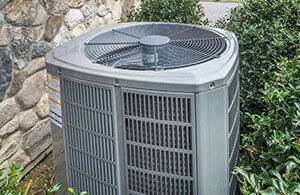
You probably love the ability to keep your home cool and comfortable in the summer with central air conditioning. However, you probably don’t love the spike in energy usage, the ozone-depleting refrigerant, and the disruptive noise of the outdoor condensing unit.
Luckily, advances in air conditioning technology make it possible to enjoy a cool, comfortable home without these drawbacks. Simply upgrade to a new, energy-efficient air conditioner and you’ll reap the rewards.
The benefits of upgrading your central AC.
The first thing any upgrade will do is lower your energy usage. A 20-year-old air conditioning system might use 6 kWh of electricity to cool an average-sized house. A modern AC system could cool that same house using as little as 1.71 kWh of electricity. This incredible performance is made possible by advanced features like the two-stage scroll compressor, which has replaced the old single-stage piston-driven compressors of the past.
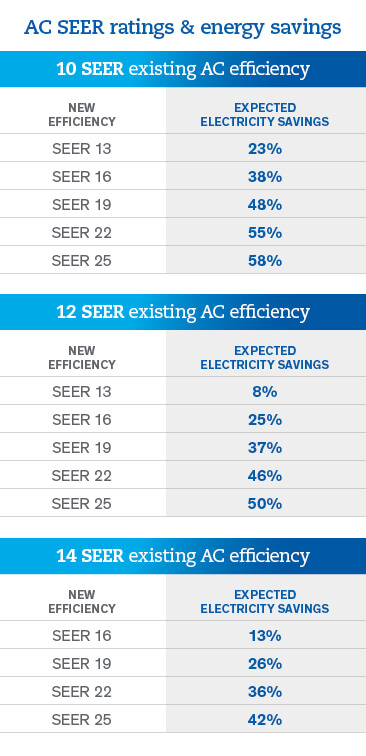
The second benefit of upgrading your air conditioning system is the opportunity to decrease your environmental impact. A refrigerant called R410A is the modern replacement for the once-standard R22, which contributes to ozone depletion. If your existing air conditioner runs on R22, and it develops a refrigerant leak, it’s the perfect time to upgrade to a unit compatible with R410A. R22 is currently being phased out and will be illegal in the US in 2020.
The third way a new air conditioning system benefits you is through its quieter operation. Thanks to improvements in compressor technology and a fan-blade shape, the quietest modern models generate only 68 decibels of sound, which is about 1/20th of the noise generated by many older units. This means you can relax in the yard without being disturbed by the noise of an old AC compressor.
SEER ratings in efficiency.
SEER stands for Seasonal Energy Efficiency Ratio. This number indicates how much electricity is required to remove a given amount of heat from an indoor space. The higher the number, the more efficient the air conditioning system.
As of 2015, the minimum rating for new air conditioning systems is 13 SEER in northern states and 14 SEER in the south. The most efficient systems have SEER ratings as high as 25. However, it’s still legal to operate existing units with lower efficiency ratings.
Many older AC units with SEER ratings of 10 and under are still in operation today. Consider though, that after the wear and tear of a decade or two, these systems no longer run at their peak. As a result, a 10 SEER unit is likely to operate closer to an 8 SEER efficiency.
To the right is a chart that outlines the estimated electricity you can save by upgrading to a new air conditioning system with a higher SEER rating.
Proper sizing for your system.
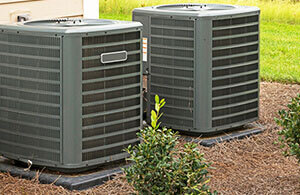
Whether your new air conditioning system meets the minimum requirements at 13 SEER, or it’s a superior model boasting a rating of 25 SEER, it’s vital to size your new AC system properly to maximize efficiency. Oversizing the system results in shorter cycles that prevent proper dehumidification. This makes the house feel cool but clammy. Conversely, under-sizing can overwork the system, which may cause premature wear and tear, overheating and create comfort problems on the hottest summer days.
Heating and cooling are measured in British thermal units (BTUs) per hour. Air conditioning systems are sized by the ton of refrigeration. One ton of air conditioning equals 12,000 BTU/hour. A general rule of thumb is that a one-ton air conditioning system is needed to cool a 1,000-square-foot, well-insulated home.

However, proper air conditioner sizing requires you to consider more than just square footage. Other factors such as ceiling height, the home’s layout, air leakage, sun exposure, interior heat gain, and climate also play a big part in determining the ideal AC size. Work with an expert at Petro Home Services to ensure that you install a properly sized unit for your home.
If your goal is to save energy, reduce your impact on the environment, and enjoy a quieter living space, consider upgrading to a more efficient air conditioning system. Contact the experts at Petro Home Services today to answer any questions you have about your home cooling needs.



